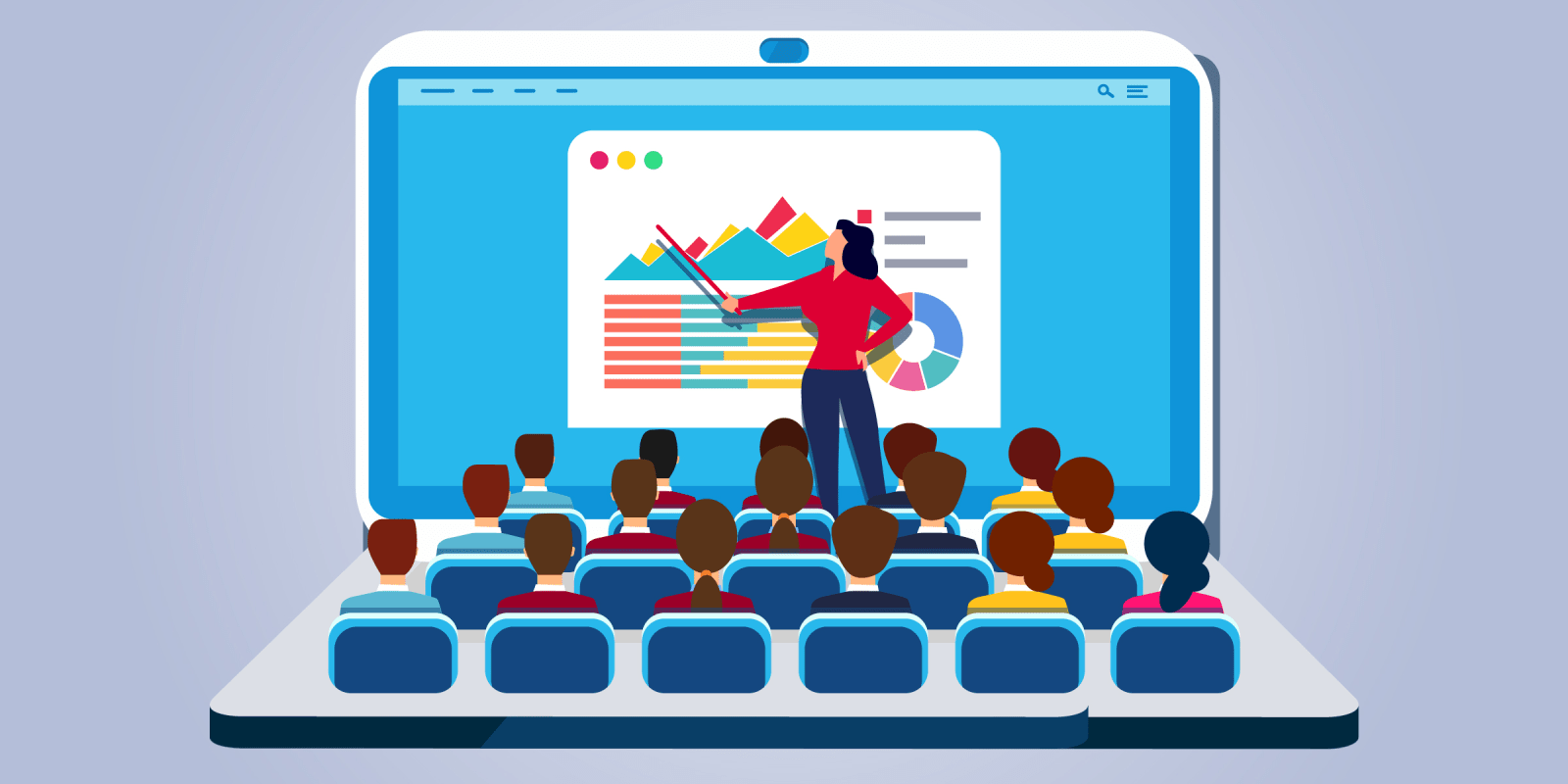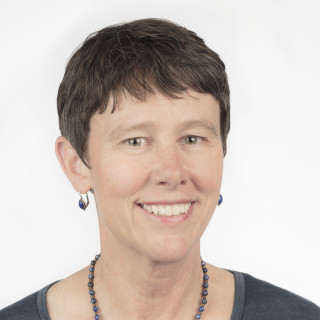The 2021 ENDO meeting brought together an impressive line-up of clinical and scientific experts in endocrinology and metabolism to present cutting-edge research, new clinical discoveries, and hot topics for one of the best agendas ever. There were important opportunities for young investigators and creative ways to network. The virtual format went off with nary a hitch; it was an exciting and innovative annual meeting. All via Zoom.
My first thought is, I missed a lot. Not just the scientific content due to Zoom fatigue and conflict with my day job, but the personal connection. I went to my first Endocrine Society Meeting in 1990, and I rarely since missed one. One of the incredible things about scientific conferences is the opportunity to immerse yourself in your discipline, discuss data with people who are truly interested, generate new ideas over an excellent meal, and connect with old friends and new. When my children were younger, they asked me who my closest friends were. I told them about colleagues (and extraordinary friends) from all over the world. They were confused about why I did not have “play dates.” I thought about this question and came to the realization that, in addition to the important clinical and research updates, for me, the ENDO meeting is a chance to catch up with my dearest friends. I am looking forward to going to meetings in person and enriching old and new connections. Somehow, I wonder whether it will ever feel the same (invigorating, safe, and nurturing) post-COVID-19.
I had the opportunity to participate in a symposium with leaders in my field. The symposium, “Harnessing Metabolism in Cardiovascular Disease for Better Therapeutic Outcomes,” was excellent moderated by Dr. Ayotunde O. Dokun. Despite being held on the final day of the conference, we had great attendance. The talks by Drs. Daniel P. Kelly, MD, and Walter J. Koch, PhD, were outstanding. Both demonstrated how we could take insights from clinical pathology, use these observations to discover and test molecular mediators, and imagine strategies that could be harnessed to address these pathophysiological changes in preclinical models. This is the aspirational stairway to bringing discovery to the bedside. Young scientists benefit from seeing these stories of career paths and the need to continuously refine models and hypotheses to address important questions. In this symposium, we discussed unique pathogenic mediators of heart failure. At the 10,000-foot view, these were fuel partitioning, signal transduction, and blood flow. The format was effective for delivering content, yet the opportunity to meet with Dan and Walter personally to discuss our data and potential integration of these pathogenic drivers (the umami of bringing scientists together) was limited via Zoom. I was incredibly grateful to share the platform in this symposium. I think science and scientific progress will be greatly served by coming together in person as soon as it is safe. This is crucial for the next generation of scientists.
As it turns out, I do have “play dates,” and I look forward to ENDO in person with friends and colleagues. I have learned so much this year that I know my world will be forever changed. Still, I look forward to in-person opportunities to share science, clinical best practices, and an exciting venue to bring up the next generation in our field. See you next year.






